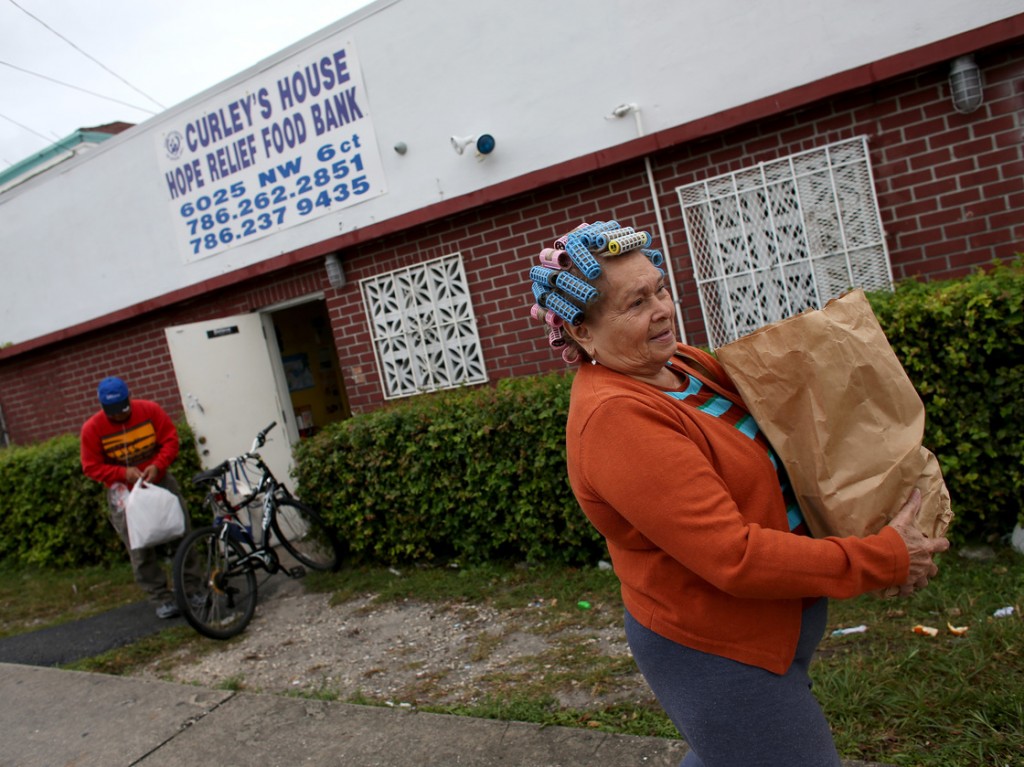 A news story not long ago, on poverty in the U.S., started out by saying that it is difficult to define poverty, and then went on to demonstrate what the interviewee characterized as the dated nature of contemporary understandings.
A news story not long ago, on poverty in the U.S., started out by saying that it is difficult to define poverty, and then went on to demonstrate what the interviewee characterized as the dated nature of contemporary understandings.
 This nicely makes the point that the difficult part is not defining something — that’s the easy part. The tough part is agreeing on a definition. That is, definition (i.e., the delimitation of signification) is a social, and therefore contestable, act; for instance, anyone can define a word to mean anything they want — quite literally — but that doesn’t mean you can just walk around talking that way, using the word in any old fashion. For no one will understand you. So the effectiveness of definitions is linked to other people buying into them, adopting them, using them in day-to-day life, for this or that effect.
This nicely makes the point that the difficult part is not defining something — that’s the easy part. The tough part is agreeing on a definition. That is, definition (i.e., the delimitation of signification) is a social, and therefore contestable, act; for instance, anyone can define a word to mean anything they want — quite literally — but that doesn’t mean you can just walk around talking that way, using the word in any old fashion. For no one will understand you. So the effectiveness of definitions is linked to other people buying into them, adopting them, using them in day-to-day life, for this or that effect.
(If the purpose of talking is just to make noise and not communicate, thereby forming social relationships, then, of course, all bets are off.)
So if you think that poverty (or, say, culture, or justice, or equality, or success, or religion, or maybe even identity) is some real yet elusive thing that’s out there, that we need to describe fully, from all angles, before we define it — all of which is tough to do correctly because of how complex or subtle it is — then you probably need to rethink what the act of definition does; for if you look closer I think you’ll find a variety of definitions, all being used quite effectively by different people for different purposes, along with their heated controversies over which one is used when and by whom and for what purpose.
So the tough part of defining something is getting others to agree with the thing you desire everyone to pay attention to when, for example, you say “poverty.”
